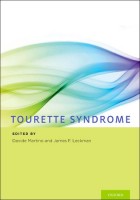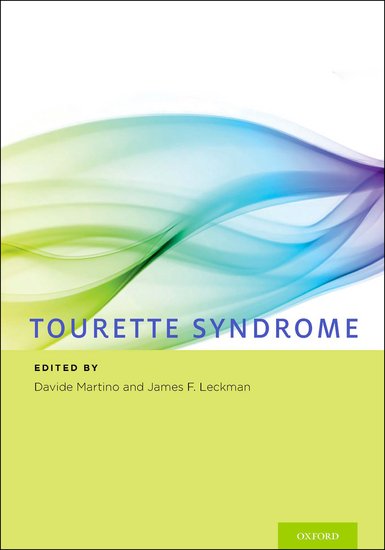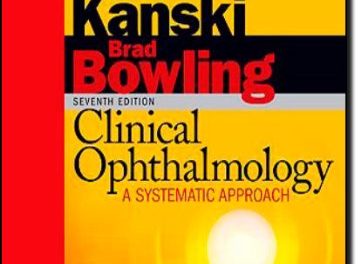 Editors: Davide Martino, MD, PhD and James F. Leckman, MD
Editors: Davide Martino, MD, PhD and James F. Leckman, MD
Publisher: Oxford University Press – 692 pages
Book Review by: Nano Khilnani
Tourette syndrome, an early-onset disorder named after George Gilles d la Tourette (1857-1904) is a neuropsychiatric one that starts in childhood, with multiple ‘tics’ that are physical (motor) and at least one tic that is vocal. It is estimated that between 0.4 and 3.8 percent of children between the ages of 5 and 18 have Tourette syndrome. The tics come and go, and can be suppressed, but only temporarily. They recur repeatedly.
There is no effective treatment for every case of tics, but certain medications and therapies can help when their use is warranted. The severity and frequency of tics decreases for most children as they pass through adolescence, but it has the potential to influence a person’s thinking and behavior over his or her lifetime.
Over the years, it has been discovered that Tourette syndrome is much more than a simple disorder of motor and vocal tics. And it has been found that educating the society at large and in particular TS patients and families on what TS is and is not, can lead to better attitudes, as well as happier lives for everyone concerned.
The good news is that over the last three decades, there has been an explosion of basic knowledge about TS and improvements in earlier diagnosis and treatment
This book of nearly 700 pages with 30 chapters deals with Tourette syndrome extensively. Its six sections named below can give you the student or practitioner the clues to where you can find answers to your inquiries:
- Clinical Phenomenology and Epidemiology
- Etiology
- Pathophysiology
- Diagnosis and Assessment
- Treatment
- Resources and Support
The authors of the 30 chapters of this book are from nine countries, who consist of 58specialists in various areas of medicine and science, particularly behavioral science, neurology, pediatrics, psychiatry, and psychology, They are mainly from the United States, but also from Australia, Brazil, Denmark, Germany, Italy, Japan, the Netherlands, and the United Kingdom.
Tourette syndrome is not just a medical problem but also a social issue, the editors point out. They write:
“TS patients, family members, and medical care providers are all aware that addressing the science without addressing the social issues would be a huge mistake. The disability caused by TS is not just medical; indeed, in many cases, the more devastating consequences are social. The issues facing each patient and each family member often begin at a very early age, and these issues can quickly accumulate and become complex and difficult to manage.”
The last three chapters of this book (in Section Six) address the social issues and provide tips and suggestions to parents, family members, teachers and others on how to deal with related problems. The chapters provide lists of TS syndrome support organizations around the world.
This is probably the most comprehensive, important, and valuable book ever written on Tourette syndrome. The editors named below and the contributors named in the book have done a marvelous job indeed.
Editors:
Davide Martino, MD, PhD
Neuroscience Trauma Center
Barts and the London School of Medicine and Dentistry
Department of Neurology
Queen Elizabeth Hospital
South London HNS Trust
London, UK
James F. Leckman, MD
Child Study Center
Department of Psychiatry
Pediatrics and Psychology
Yale University School of Medicine
New Haven, CT.







